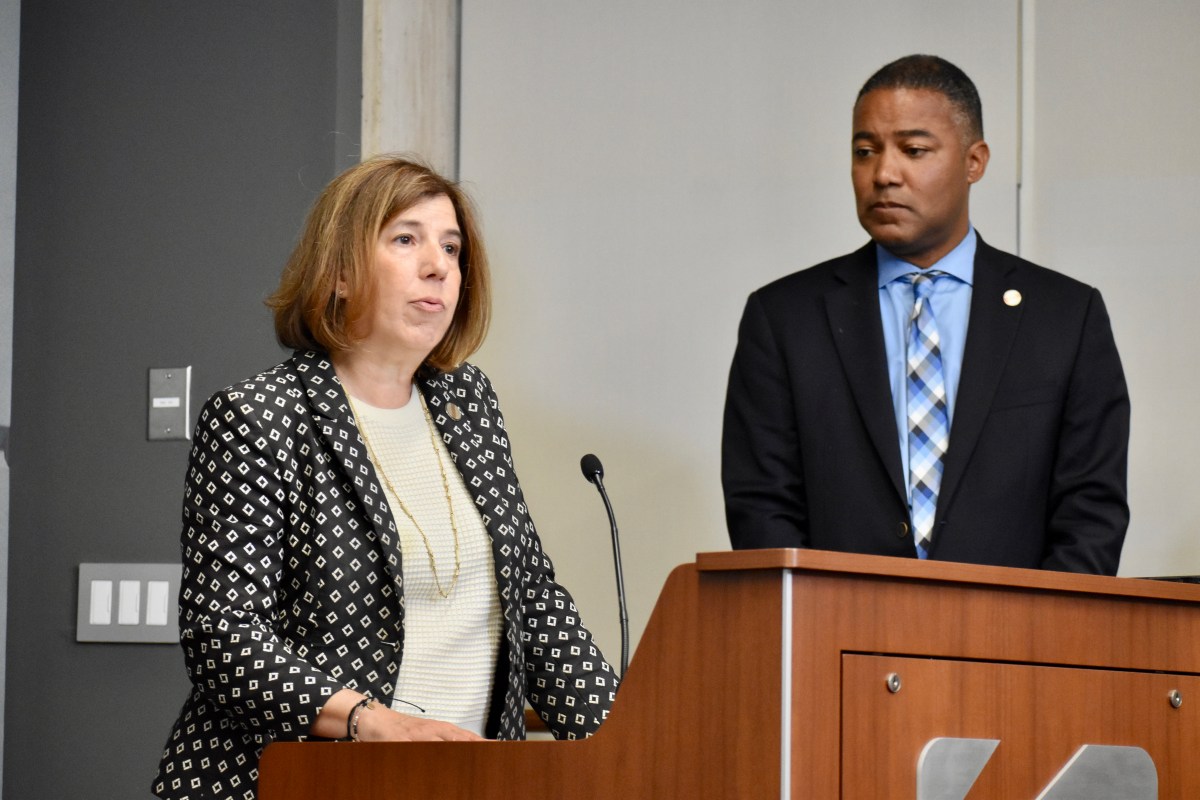GUWAHATI, India (Reuters) – The Indian Army has asked its Chinese counterpart if five civilians who went missing from an eastern border state days ago were in their custody, an Indian military spokesman said on Monday.
Relations between the nuclear-armed Asian giants have hit a multi-decade low since clashes at their western Himalayan border in June that killed 20 Indian soldiers.
Both sides have since stepped up monitoring of their largely unsettled 3,488 km (2,167 miles) border.
The five missing men are from the Indian state of Arunachal Pradesh, which is also claimed by China that calls it South Tibet, and the Indian Army said it told China’s People’s Liberation Army (PLA) about the five on Saturday.
“We spoke with them on the hotline and told them that it’s suspected that some people have crossed across to your side and we will be grateful if you could hand them over back, as per what we do normally,” Lieutenant Colonel Harsh Wardhan Pande, a spokesman for India’s defense forces, told Reuters.
“There is no earmarked line going through the forest or the mountains, so they keep moving here and there. So they might have gone there. It’s a very normal thing.”
He said they were yet to hear back from the Chinese.
A Chinese foreign ministry spokesman said at a daily briefing that he was not aware of the situation.
Separately, a Tibetan member of an Indian special forces unit who died days ago in a mine blast near the site of a border flare-up with Chinese troops in the western Himalayas was cremated on Monday. His death gave a rare glimpse into a little-known group of elite, high-altitude warriors drawn mainly from Tibetan refugees in India.
(Reporting by Krishna N. Das and Cate Cadell in Beijing; Editing by Michael Perry and Hugh Lawson)
























